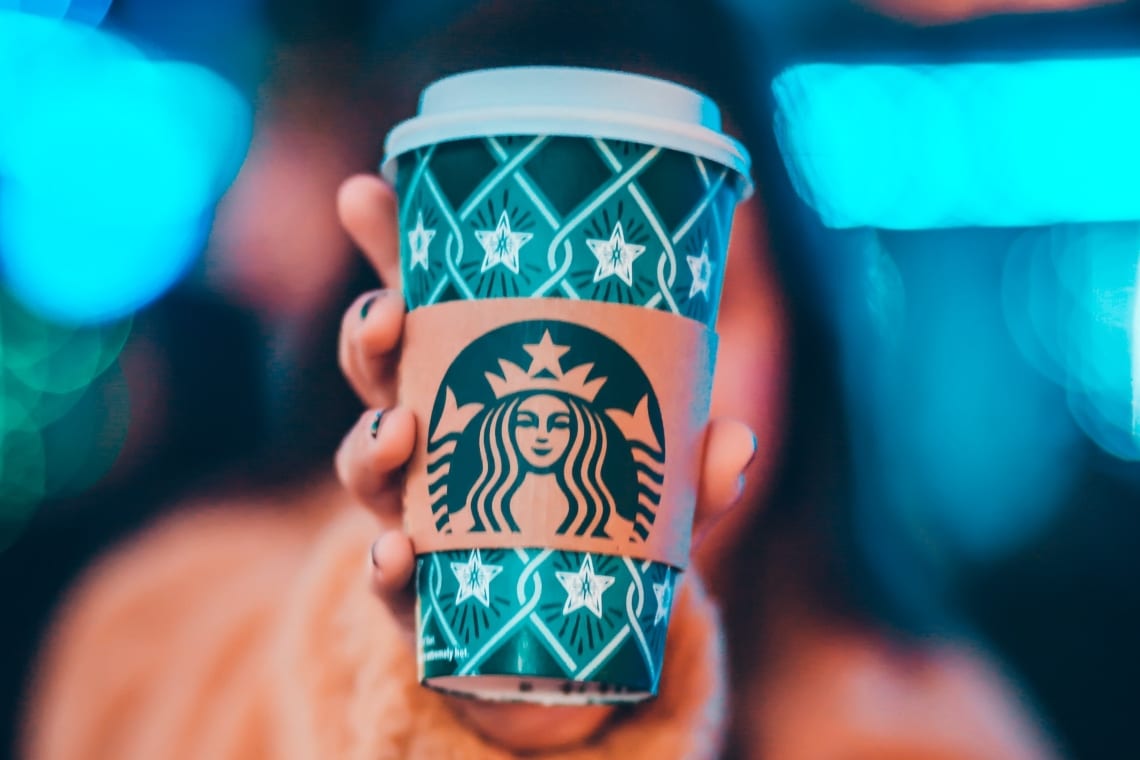After its free NFTs achieved significant value, the Polygon-based Starbucks Odyssey platform is offering its first paid collectible.
Starbucks NFT on the Polygon network.
Coffee giant Starbucks is making significant strides in Web3 with its Starbucks Odyssey rewards program on Polygon, which is currently open in beta to limited users.
And, after releasing some free reward NFTs to early users, it will launch its very first paid collectible.
Starbucks Odyssey will launch the limited-edition Siren Collection for beta users of the platform, offering up to 2,000 NFTs that will be sold for $100 each.
Each unique artwork is inspired by the brand’s iconic logo, a “super mermaid,” as the company once described it. The company, on the launch of the NFTs, said the following:
“As Starbucks has grown over the years, the Siren has been right there with us, adapting and evolving to reflect the brand and culture.”
The 2,000 pieces will be based on five different “expressions” of Siren that follow its “journey from local Seattle celebrity to revered global icon.”
Each user can purchase up to two premium NFT stamps and each comes with 1,500 bonus points that can be used to “level up” a user’s Odyssey account to earn future rewards.
Starbucks launched Odyssey’s closed beta in December, with a representative telling Decrypt soon after that the company had seen unprecedented interest from users wishing to join what was heralded as a next-generation evolution of the existing Starbucks Rewards program.
Since then, Starbucks has given away four free Polygon-based NFTs to users for completing certain in-app challenges. NFTs were rewarded for doing things like completing trivia challenges about the company or ordering Starbucks food and drinks or gift certificates.
Starbucks previous initiative regarding NFT.
Starbucks previously announced in December its intention to offer NFT rewards to its customers via Polygon, Ethereum’s scalability network. NFTs unlocked access to merchandise and events.
The initiative was touted as an extension of the Starbucks Rewards program and allowed customers to earn NFT “stamp travel” by completing challenges and playing interactive games through the coffee chain’s app.
Meanwhile, limited edition NFT stamps were sold by the company and purchased with credit cards. Specifically, the cryptocurrency was not required to “claim an ownership stake in their loyalty to Starbucks,” as the company describes it.
A Starbucks Odyssey Web app then unveiled a secondary marketplace to allow owners of stamps to buy and sell them at their leisure. There were incentives for users to collect these stamps.
NFTs raised a user’s level in the Odyssey app and led to potential rewards. From virtual beverage mixing classes to exclusive merchandise, access to private events, or a trip to Starbucks Costa Rican Coffee Farm.
A portion of the proceeds from NFT sales will support undisclosed causes, the company said. In a December tweet, NFT marketplace Nifty Gateway said it would fuel the Starbucks Odyssey platform.
The marketplace, best known for NFT collections by artists such as Beeple and musician The Weeknd, recently launched a publishers’ initiative that allows brands and creators to develop their own NFT drops using Nifty Gateway technology.
More NFT-related news: Binance and Polygon’s network support.
Binance NFT, the dedicated Non-Fungible Token session of the crypto exchange Binance, announced that it has included the Polygon network among the blockchains supported by the marketplace.
The announcement explains that this move expands the NFT ecosystem within the Binance community. With the new integration, it will be possible to exchange NFTs on various blockchains such as Ethereum, BNB Smart Chain, and Polygon using the Binance account.
The integration does not open the door to all NFT collections and the marketplace will remain quite selective for the time being. On the website it can be read:
“Currently, only some NFT ERC-721 collections from the Polygon network are available on the Binance NFT marketplace. Binance NFT will integrate other NFT collections on a regular basis”.
In addition, on January 19, Binance NFT announced new rules for collections: when the value does not reach $1,000 these will be deleted. Limitations will also be placed on the number of NFTs each collection can accommodate.
However, quotes will be revised periodically to include or exclude collections depending on performance. In any case, Binance is not lagging behind the artificial intelligence that has swept Web3 either.
On March 2, Binance CEO Changpeng Zhao announced that its AI-powered NFT generator, “Bicasso“, was launched and minted 10,000 NFTs in just two and a half hours.

